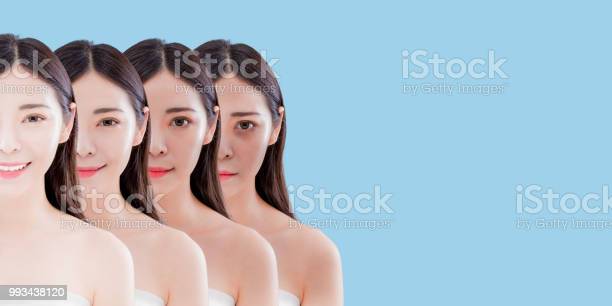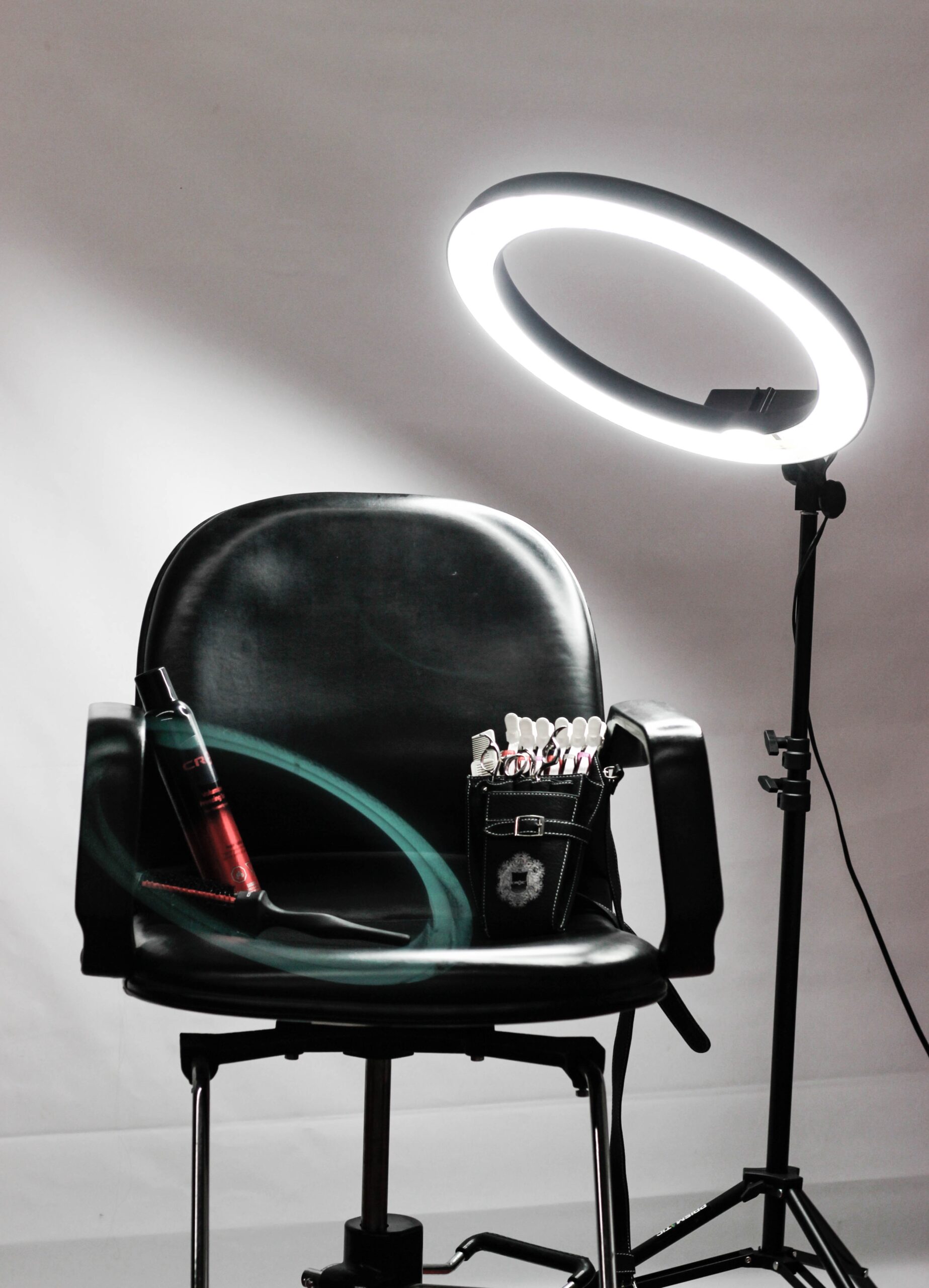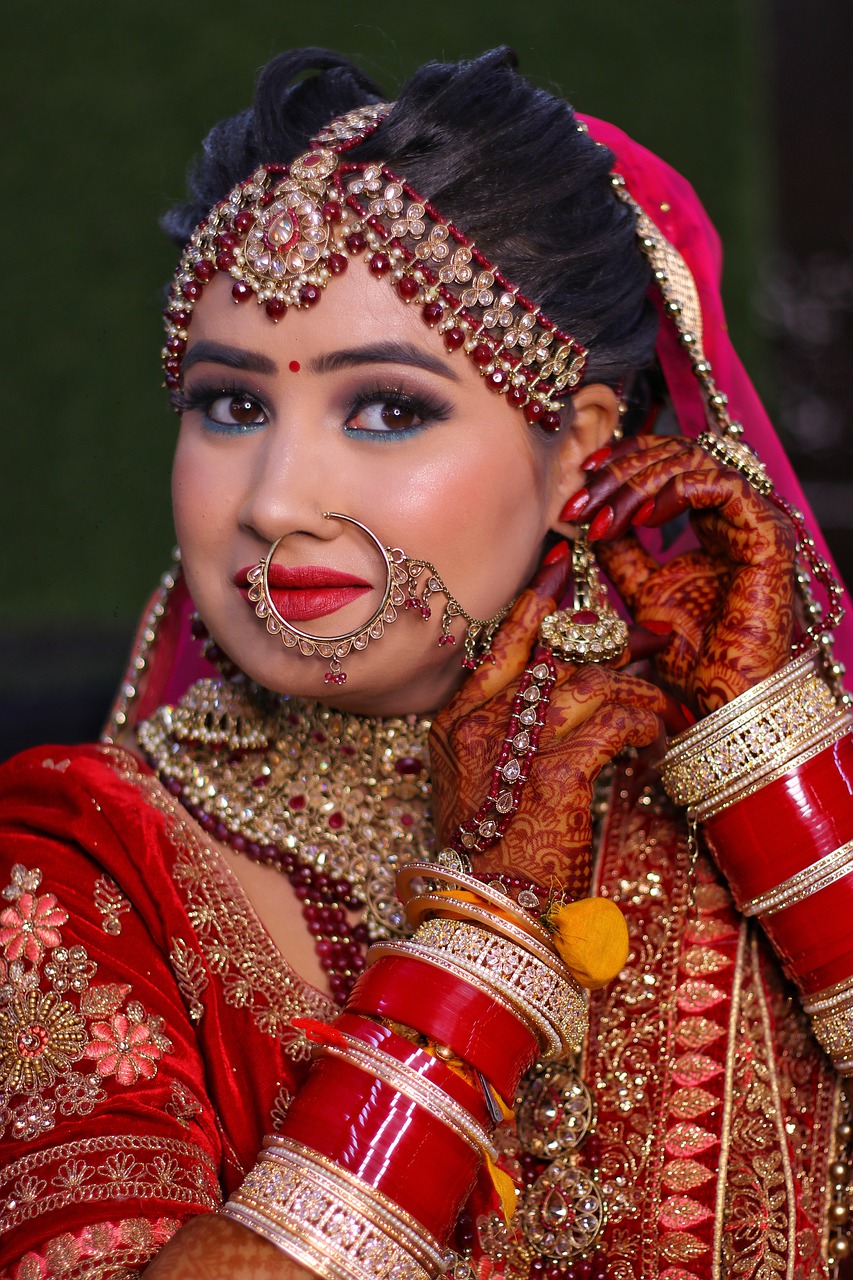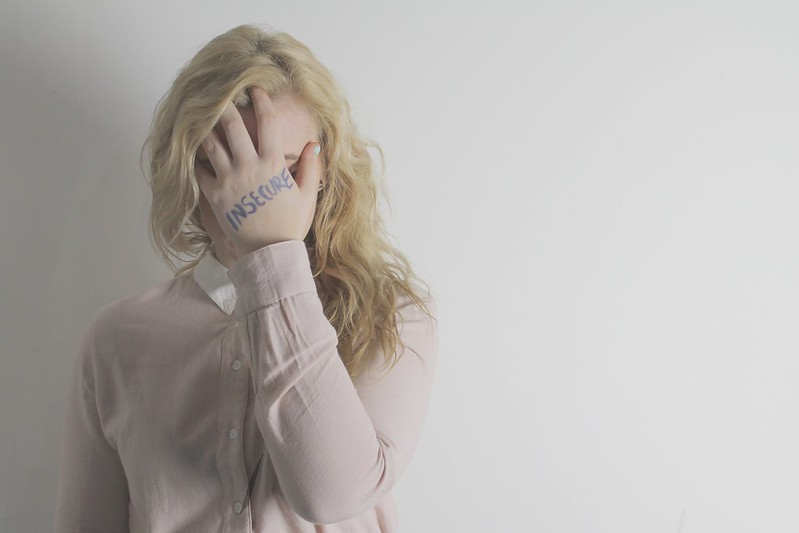Attractiveness has always been in the hands of the colonizer, leaving many women of colour struggling to navigate in a world of white femininity
By Aylia Naqvi




In between the Fair & Lovely advertisements, filters that brighten the skin, make your nose smaller, and plastic surgery trends, the beauty standards for the longest time have promoted a Eurocentric beauty standard. Now, however, it seems on social media that Caucasian women are praised for looking as racially ambiguous as they can. The difference between the two cultures could cause people difficulty when exploring their identity and self-confidence. But it seems with the current climate of inclusivity on social media, women of colour are reclaiming beauty by their own standards.
Gina Wong is a psychologist and professor in the Graduate Center for Applied Psychology at Athabasca University in Alberta. She talks about how social media affects how we view beauty, “In the COVID pandemic, our only means to the outside world is our computers and social media and television, so media plays a huge and even more extraordinary role right now.”
Saniya Fatima, a business management student at the University of Toronto is an example of someone whose self-confidence as a young teen was impacted due to social media. “I remember seeing these beautiful women and feeling like I was on the opposite side of the spectrum from them in terms of beauty and overall looks. I think this definitely took a toll on the confidence I had in being who I am and how I viewed myself.”
Critics suggest that we look at white femininity being the epitome of beauty can be looked at through a post-colonial lens. When we find someone beautiful, we can ask ourselves why we find them beautiful. Is it their shiny straight hair? Their fair skin? Their small nose? Do we find these traits beautiful because they conform to mainstream and Western media?
If one were to analyze the difference between beauty standards, one good place to start is the brand Fair & Lovely, which is a skin-lightening cosmetic product of Hindustan Unilever. A Fair & Lovely commercial starts with a family talking in Hindi about how they don’t have enough money to afford milk. After hearing this, the father mutters, “if only we had a son,” implying they would be more financially stable if they had another man in the house. The daughter overhears this and is determined to change her family’s situation by getting a job as a flight attendant, however, she is clearly nervous and insecure. We later see her putting on Fair & Lovely, a skin-whitening product that claims it protects the skin from the sun, removes oil and dullness and most importantly lightens the skin complexion. The woman is now seen going into the job interview, more confident than ever, and the men conducting her interview immediately like her enough to hire her. According to Bright Magazine, an estimated 60 percent of Indian women — and 10 percent of men say they use skin whitening products.
Fatima also talks about experiencing colourism in her community.“I remember as a child being really sad about the fact that my own family perhaps saw me as not ‘pretty enough’ and now years later I see all these influential figures on social media using fake tan and editing to achieve the same complexion I was told was ugly growing up.”
Just like Fatima, many women of colour are told that they have to look more European to look attractive.
Social media’s algorithms constantly push racially ambiguous looking white women, especially on Instagram and TikTok. For example, Ariana Grande who is a white woman was recently called out for alleged Asian-fishing. Critics have argued that having the conversation about why certain features are looked down upon on some women while others women are praised for them is critical when talking about self-acceptance.
Amina Kaabi is a deputy editor for Mille World magazine. She talks about what steps she has taken in her life to decolonize her perception of beauty. “I feel very liberated at this point in my life, however, I still straighten my hair and my hair is curly. It’s been really hard for me to let go of this. I have this battle with myself. ‘Am I straightening my hair because I think it’s more beautiful when it’s straight or am I straightening my hair because I think straight hair is easier for me to manage with my lifestyle?’” Kaabi went on to say she stopped chemically straightening her hair this year. “I’ll just continue to blow dry whenever I feel like, that makes me feel comfortable and that’s a pace that I’m happy to go with.”
Kaabi went on to talk about how there was a clear beauty standard and preference when it came to appearance growing up, “I grew up in Tunisia, so it doesn’t even make sense…It was whiteness that was a beauty standard. So I’m getting told that I was different in an environment where everybody looks like me.” She said kids would get bullied in schools for having features that weren’t European. “We had people in school getting bullied for having kinky hair…anyone who was darker was bullied. If you had a flat nose, you were bullied, if you had big lips, all of these features were looked down upon and still are.”
Fatima goes on to talk about the progress she’s made over the years. The conversations that have started because of social media becoming more inclusive suggest that change is possible. “Situations like these make me want to uplift individuals in our communities that were deprived of that self-love and compassion simply because they were told that they were not pretty enough for being born with a certain complexion or features. In doing so, I feel like I’m healing a part of myself too. In trying to be that change, I feel like I am able to give back to the part of myself that was once left feeling unworthy and ‘not pretty enough.’”
